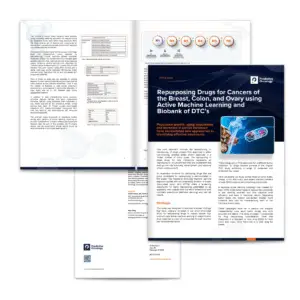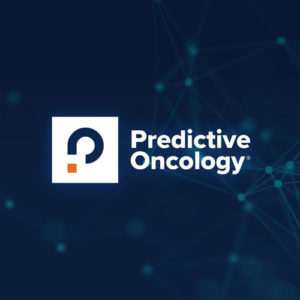
In this white paper, Predictive Oncology (POAI) highlights a recent successful project in partnership with the University of Michigan Natural Products Discovery Core (NPDC) through the ACE program.
The ACE program supports academic researchers in their early drug discovery and development initiatives by providing access to the POAI proprietary active machine learning platform and frozen patient DTC samples.
Through this project, the POAI active machine learning technology constructed a predictive model of tumor sample response to NPDC’s targeted drugs in a highly efficient manner, saving approximately 18 months of wet lab work in the process. Several NPDC compounds demonstrated efficacy across multiple tumor types and are now well positioned for further development.
Given that the POAI platform provides a clinically relevant and accelerated pathway to natural compound screening, this paper outlines a clear enabling technology for this significant drug discovery process that can be applied to any drugs in development.

